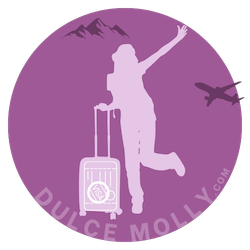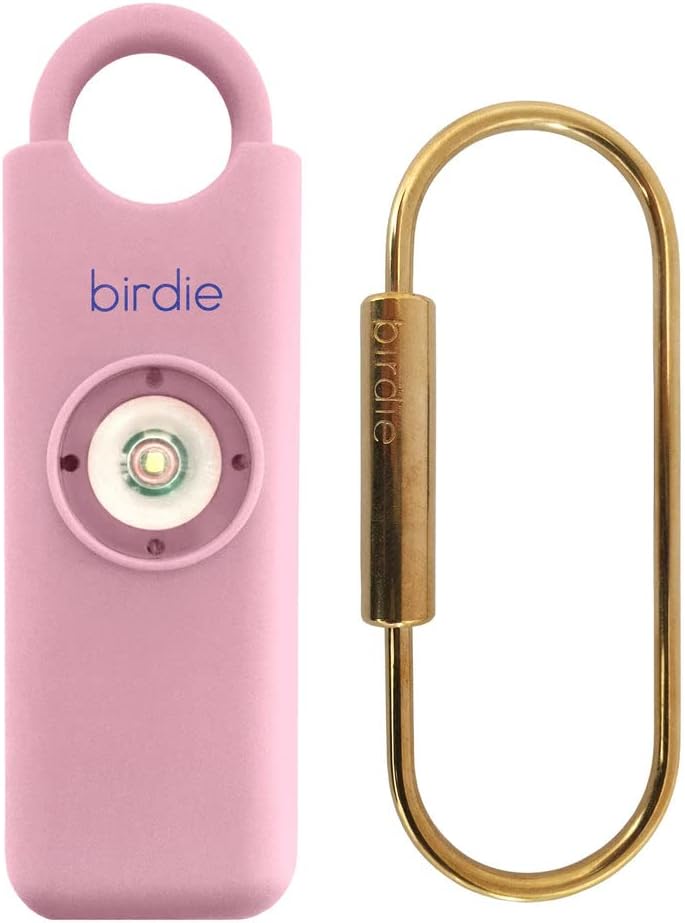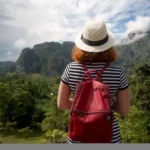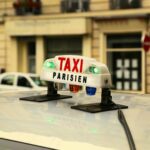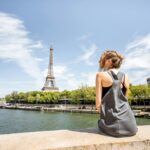Welcome to the most comprehensive Morocco Safety Guide for solo female travelers, one of many safety guides about Africa.
| Country Calling Code: +212 | |
| US Embassy In Rabat (the Capital): 05 37 63 72 00 | |
| Canadian Embassy in Rabat: 05 37 54 49 49 8 am to 4.45 pm – No weekends > +1 613 996 8885 or Chat here | |
| Police: 19. Moroccan Royal Gendarmerie: 17 Fire Service: 15 Highway Emergency Service: 177 Domestic directory: 160 International directory: 120 Telegrams and telephone: 140 Intercity operator: 100 |
- Country Profile: Morocco
- General Safety Overview
- Harassment in Morocco for Female Tourists
- Local Laws and Customs
- Health and Medical Advice
- Emergency Contacts ⚠️
- Local Transportation
- Touristic Cities
This is the first Morocco Safety Guide, and we answer the question is Morocco safe for solo female traveler. was prepared with collaborations with Moroccains From the heart of the kingdom of Morocco, Mohammed (not tourist) updated Spring 2024
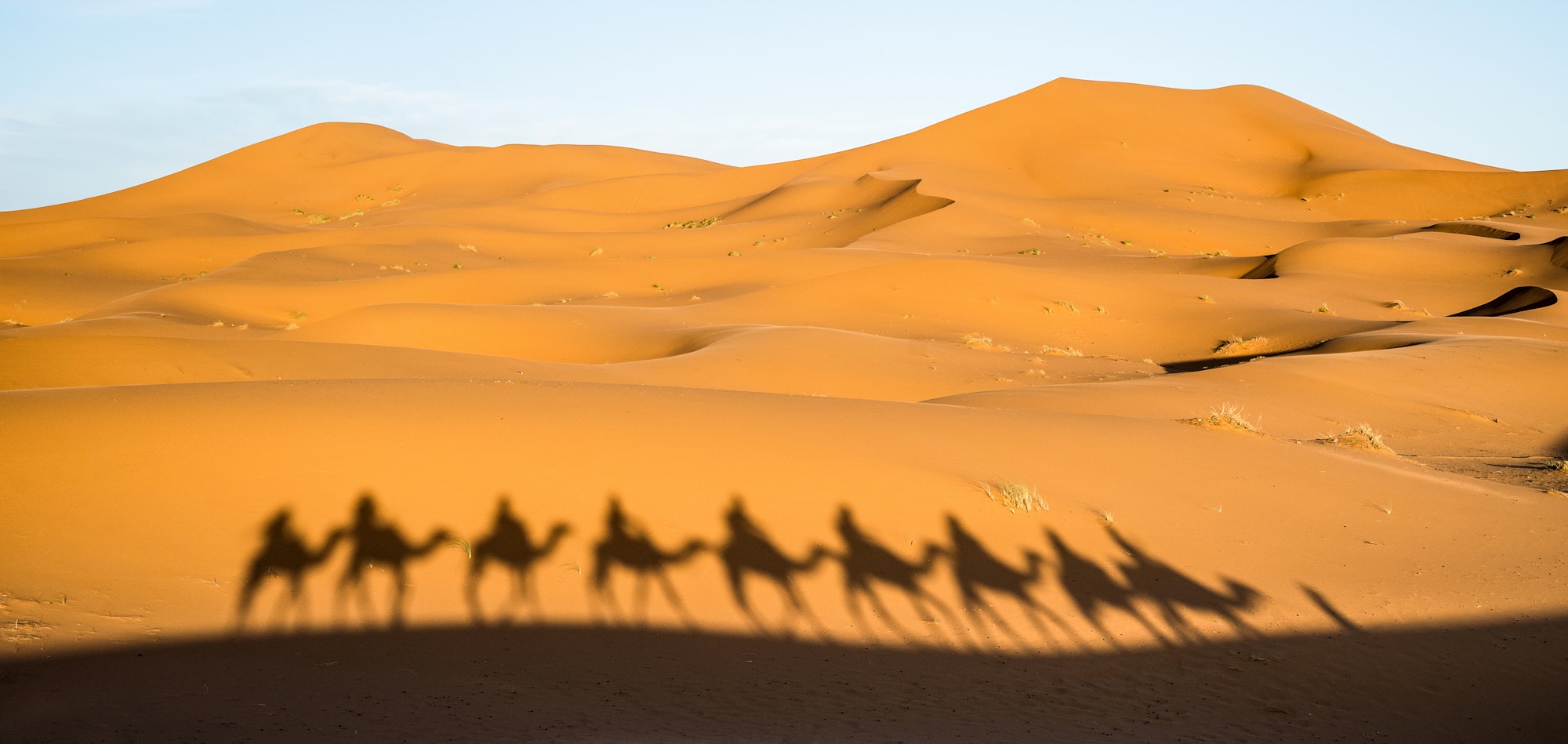
Before we embark on the “Morocco Safety Guide”, we need a small introduction about the country.
Country Profile: Morocco
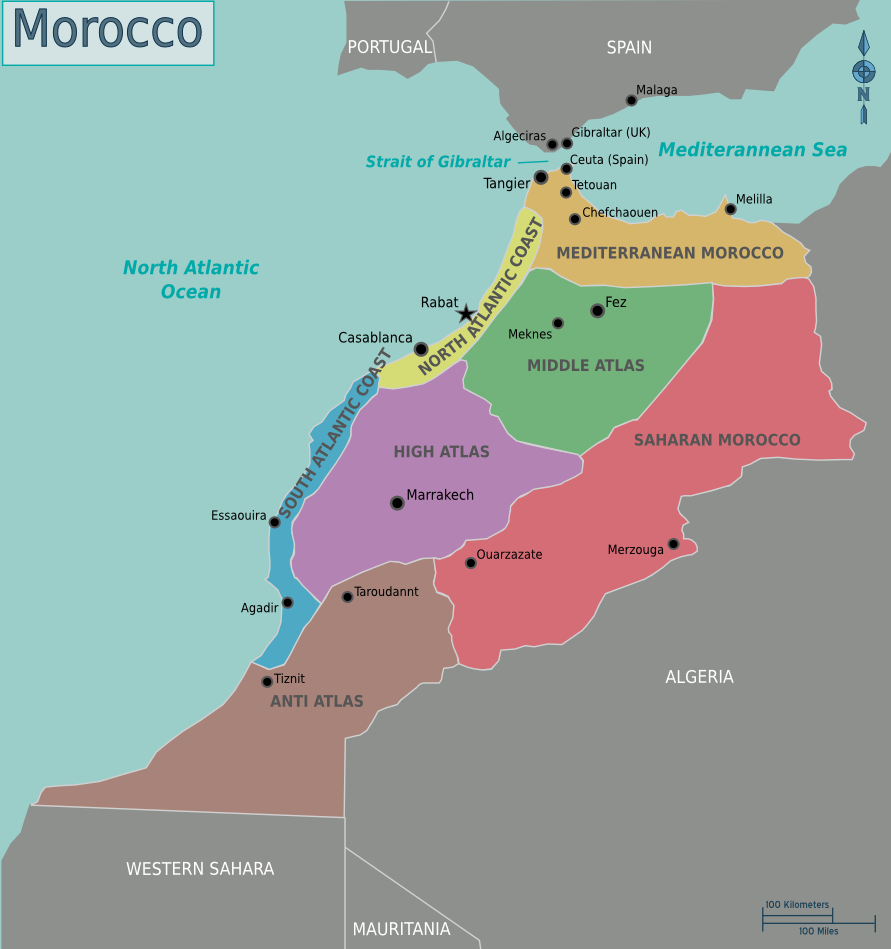
- Country Name: Morocco or Maroc (in French)
- Population: Approximately 37.98 million as of 2022 (Wikipedia).
- Geographical Borders: Spain, Algeria to the east, and the disputed territory of Western Sahara to the south.
- Capital City: Rabat
- Major Cities: Casablanca (largest city), Marrakech, Fes, Tangier, and Agadir (CIA.gov).
- Touristic Cities of Morocco
- Famous For: Morocco is known for its rich history, vibrant culture, and stunning landscapes, ranging from bustling markets and historic medinas in cities like Marrakech to the serene Sahara Desert. It’s also famous for its cuisine, traditional Moroccan mint tea, and the Atlas Mountains.
- Official Languages: Arabic and Berber (Tamazight) (Wikipedia). French is widely spoken, especially in business, academia, and government, along with English and Spanish in some areas (in the north).
- Brief Introduction: Morocco, a country that blends Arab, Berber, African, and European influences, offers travelers a glimpse into a rich cultural tapestry. Its landscapes are just as diverse, encompassing everything from snow-capped mountains to vast deserts, and its cities are home to some of the most fascinating medinas, souks, and architectural wonders in the world. Morocco receives about 15 Million Tourists every year.
- Money: $1 = 10 Dirham (local money called Dirham)
| Coins | Freq used: Santim10, Santim20, Santim50, Dirham1, Dirham2, Dirham5 Rarely used: Santim5 |
|---|---|
| Bank notes | Freq used: Dirham20, Dirham50, Dirham100, Dirham200 |
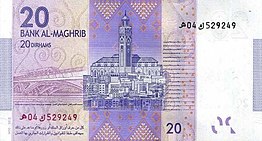
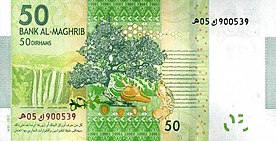
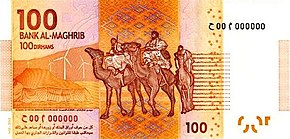
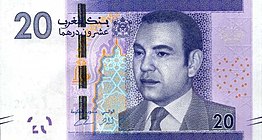
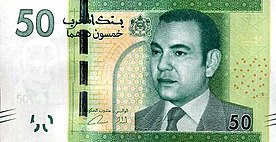
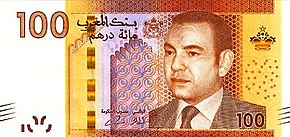
What does it cost? (May 2023)
- Oranges: 7 dirham/kg
- Bananas: 8-15 dirham/kg
- Melon: 10 dirham/kg
- Dates: 10-30 dirham/kg, depending on the quality
- Dried Curcuma roots: 50 dirham/kg
- Water 1.5 l: 5-7 dirham
- Coke 0.5 l: 5.50 dirham
- Thé a la menthe / cafe noir: 6-10 dirham
- Tagin or couscous: 25-80 dirham, depending on how touristy
- Grand taxi: 50-70 dirham / 100 km
- Bus: 20-40 dirham / 100 km
- Double room: from 170-500 dirham
- Argan oil: from 25 dirham / 100 ml
- Soap Rhassoul/ghassoul ½ kg: 8 dirham
- Small “silver” teapot (2-3 cups): 10-15 dirham + 30 dirham for heat glove
Morocco Safety Guide : General Safety Overview
Morocco is generally considered safe for solo female travelers, but it’s important to exercise caution, especially in crowded markets, medinas, and when traveling at night. Respect local customs and dress modestly to avoid unwanted attention. Petty crimes like pickpocketing is present in tourist areas, so keep your belongings secure.
Before we get to the scary part that will activate your lymphatic brain, I want to emphasize that tourism is very important to the country, and the police would be a good resource in case something small happened.
Petty Theft
Petty theft, including pickpocketing and bag snatching, is perhaps the most common crime tourists might face, especially in crowded areas like markets (souks), public transport hubs, and tourist landmarks.
Scams
Various scams can target tourists, including:
- Fake Guides: Individuals posing as tour guides who lead tourists into shops where they’re pressured to buy overpriced goods or services.
- Overcharging: Taxis without meters or vendors in markets may charge tourists inflated prices. Always agree on a price beforehand.
- Currency Exchange Scams: Be cautious when exchanging money and use reputable exchange bureaus or banks.
- Fake Police
There have been reports of individuals impersonating police officers to extort money from tourists under various pretenses. Real officers should have identification, and any misdemeanor fines should be processed at a police station, not paid directly to an officer on the street. and in general, very respectful.
Rental Scams
For those renting vehicles or accommodations, there’s a risk of scams involving fake rental companies or properties. Always use reputable services, like booking.com and be wary of deals that seem too good to be true.
Credit Card Fraud
Skimming devices and other forms of credit card fraud can be a concern. Use ATMs in secure locations, monitor bank statements for unfamiliar transactions, and consider using cash when possible.
Major banks in Morocco are :
- Attijariwafa Bank
- Banque Centrale Populaire (BCP)
- BMCE Bank of Africa
- Crédit Agricole du Maroc (CAM)
- Banque Marocaine du Commerce Extérieur (BMCE)
- Société Générale Maroc
- CIH Bank
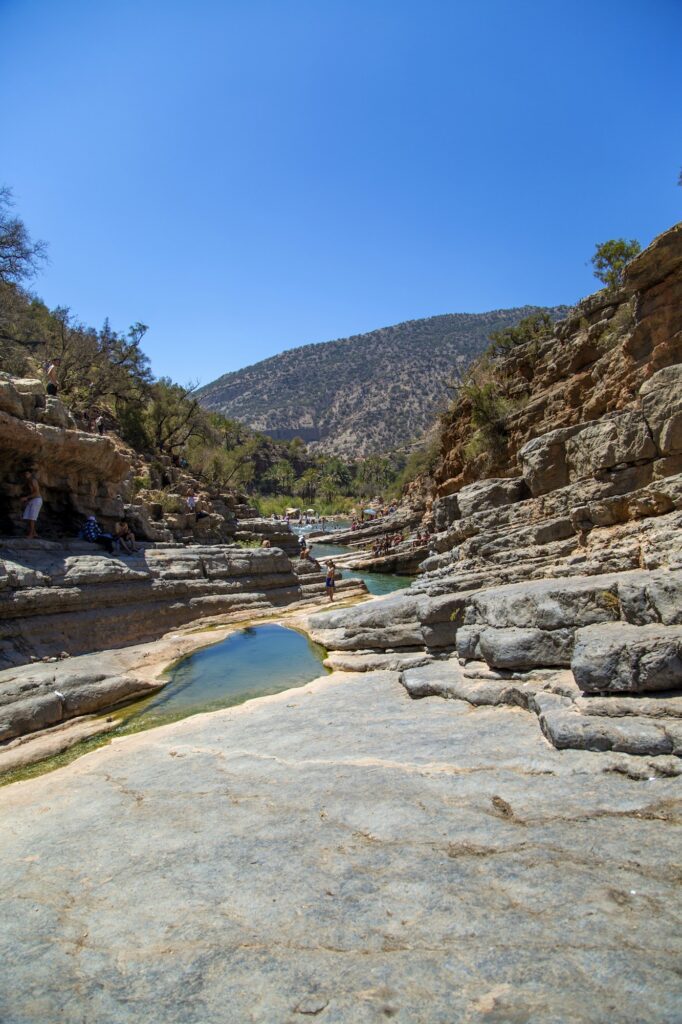
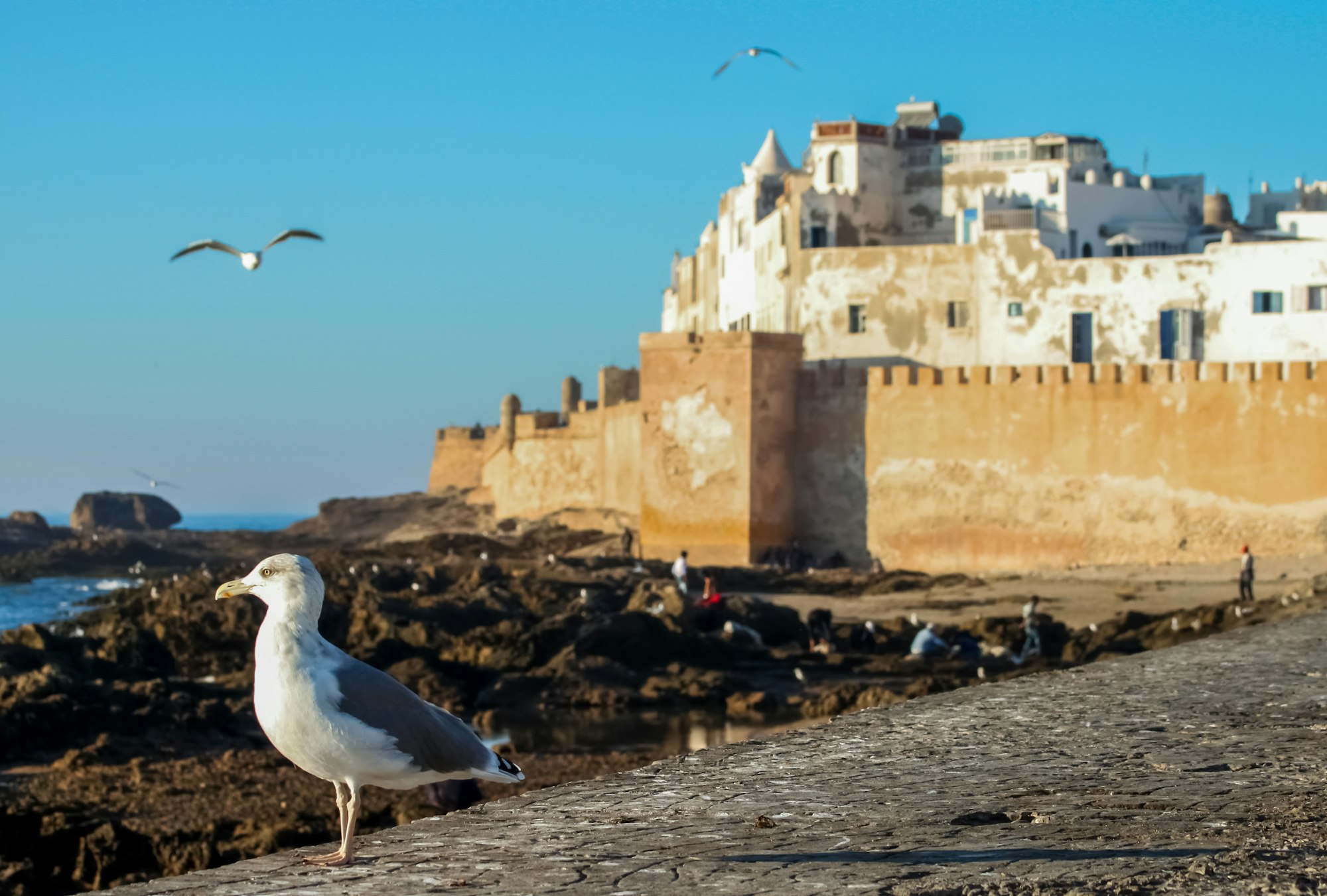
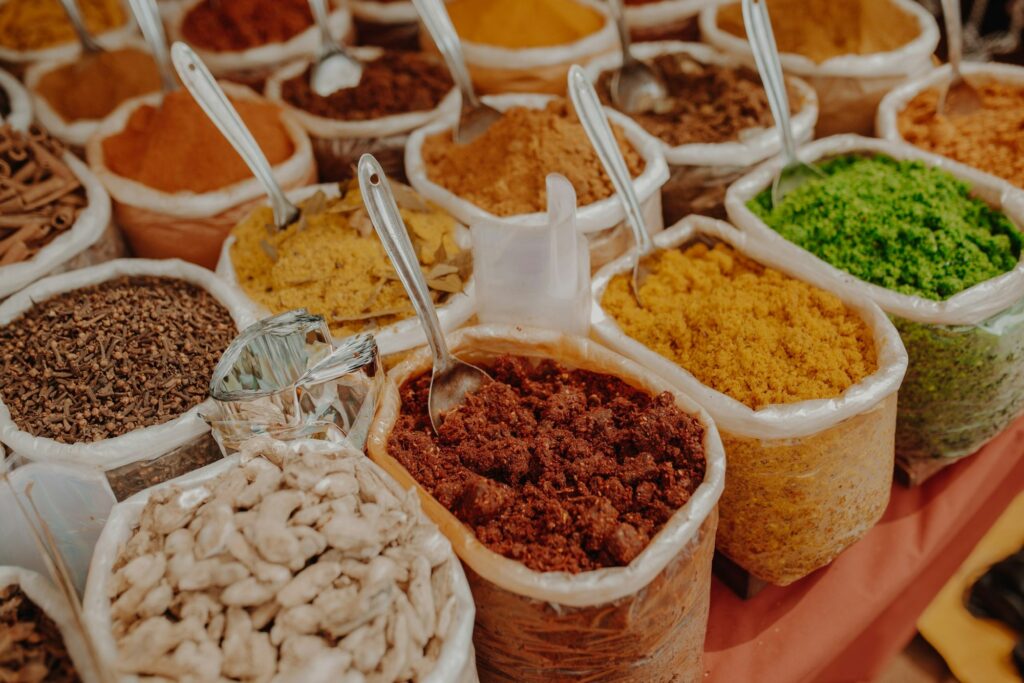
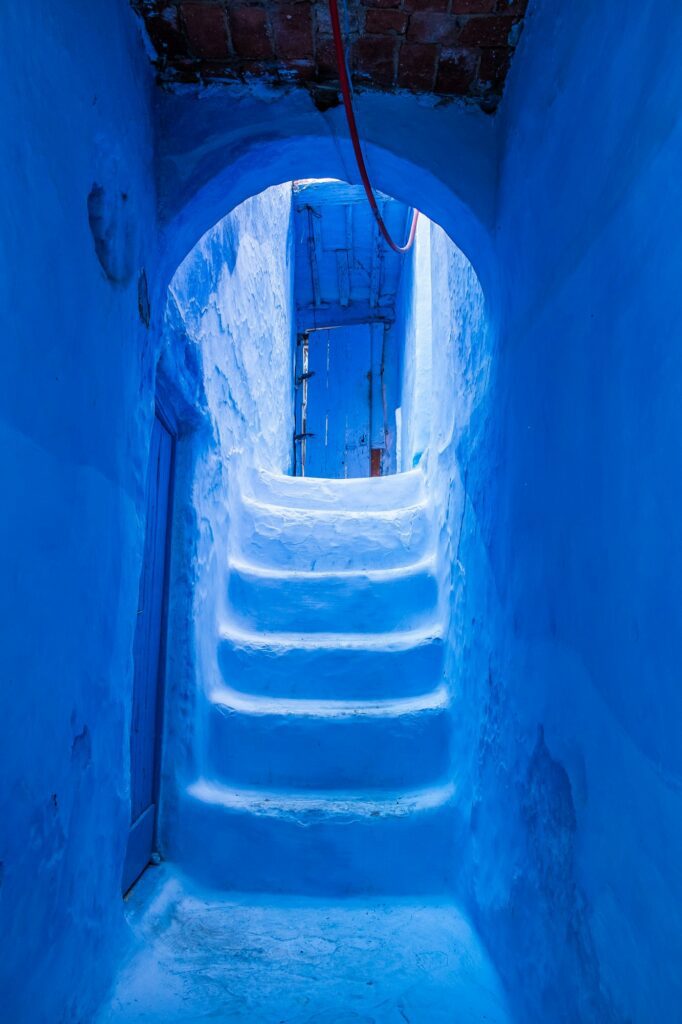
Rabat, Chefchaouen, Ifrane, Essaouira, and Tangier often cited among the safer options
Harassment in Morocco for Female Tourists
Female tourists in Morocco may face various challenges regarding safety, particularly concerning harassment. While Morocco is a country rich in culture and beauty, it is important to be aware and prepared for the realities of traveling there as a woman.
Harassment in Cities: It’s reported that harassment can be quite common in Moroccan cities such as Marrakech, Tangier, Casablanca, and Fez, with the level of harassment potentially increasing in areas that are more popular with tourists. Some women have had negative experiences, particularly with street harassment in Marrakech, which has significantly impacted their view of the country
Dressing Conservatively: Dressing conservatively is advised to respect the local culture and potentially reduce unwanted attention. Covering shoulders and knees and wearing loose, non-form-fitting fabrics are recommended practices
Traveling with Others: It’s often suggested that solo female travelers might have a more challenging experience navigating Moroccan society. Traveling with men or in groups can sometimes provide a sense of safety. There is a noted difference in the experience of female travelers when accompanied by male companions or when moving in groups
Safety Tips: Some practical safety tips for women include wearing noise-canceling headphones to ignore cat-calling, being polite but firm when dealing with unwanted attention, and wearing a wedding ring as a deterrent. Additionally, staying in populated areas, avoiding walking at night by oneself, and dressing conservatively can help mitigate risks
Choosing Safe Locations: Certain cities are considered safer for women, with Rabat, Chefchaouen, Ifrane, Essaouira, and Tangier often cited among the safer options. Conversely, cities like Salé, Fes, and Casablanca are perceived as less safe for female tourists (Cross Culture Love).
Despite these challenges, many women have traveled to Morocco and had enriching experiences. Being prepared, understanding the cultural context, and taking safety precautions can help ensure a more enjoyable visit. For those interested in exploring Morocco, considering guided tours and staying in traditional riads can enhance the travel experience while providing a safer environment (KatieCafTravel) (Jessie’s Journeys).
Moroccans generally understand when visitors might not be fully versed in local customs, often showing patience towards unintentional mistakes. However, to foster mutual respect, it’s wise to learn about and avoid actions that could be viewed unfavorably during your stay.
In Morocco, communication is often indirect to maintain respect and honor. Direct confrontation is seen as impolite, so approach situations tactfully. Greet people with “Salaam Alaykum” and reserve physical greetings like kissing cheeks for those of the same gender you’re close with; otherwise, opt for a handshake. Use your right hand for greetings and exchanges, as the left is considered unclean. Show respect for elders by offering your seat and prioritizing their needs. Public displays of affection and dressing conservatively in public are essential to adhere to social norms. Always ask permission before engaging in restricted activities like smoking in public spaces.
Local Laws and Customs
Moroccan laws reflect its Islamic heritage. Discretion and modesty are keys to dress and behavior. Public displays of affection are frowned upon, (even what happens behind closed doors can be surprising), and it’s illegal to carry or use drugs. During Ramadan, eating, drinking, or smoking in public during daylight hours is discouraged. but society is very understanding of tourist status.
Health and Medical Advice
Before traveling, check with your health provider for recommended vaccines. Tap water in Morocco may not be safe, so it’s advisable to drink bottled water. Medical facilities are available but may not meet the standards you’re used to, especially outside major cities.
Emergency Contacts
Local emergency services: 19 (police), 15 (ambulance)
Embassies and Consulates: Always have the contact information for your country’s embassy or consulate. The Embassy of the Kingdom of Morocco in the US website.
The Embassy of Morocco in Ottawa, Canada, can be reached through the following contact details:
- Address: Moroccan Embassy in Ottawa, Canada, 38 Range Road, Ottawa, Ontario, K1N 8J4, Canada.
- Telephone Number: (+1) (613) 236-7391 / 92.
- Fax Number: Not specified, but you can use the telephone number for initial contact.
- Email: sifamaot@bellnet.ca.
Embassy of Canada to Morocco and Mauritania, in Rabat
- Address: 3508 International Drive NW, Washington, D.C., United States
- Telephone: +1 202-462-7979
- Email: washingtonembmorocco@maec.gov.ma, moroccointheus@maec.gov.ma
- Consular Section Address: 1211 Connecticut Ave NW, suite 312, Washington, D.C., United States
- Consular Section Telephone: +1 202-499-1050 / 46.
This information can be useful for various inquiries, including visas(you don’t need a visa to travel to Morocco as tourist, you can stay up to 90 days), travel advice, and assistance for Moroccan citizens and foreigners traveling to Morocco.
And the US Embassy in Morocco; https://ma.usembassy.gov/
| Address | Phone |
| Km 5.7, Avenue Mohamed VI Souissi, Rabat 10170, Morocco | (212) 0537 637 200 |
| 8, Bd Moulay Youssef Casablanca, Morocco | (212) 522-64-20-00 |
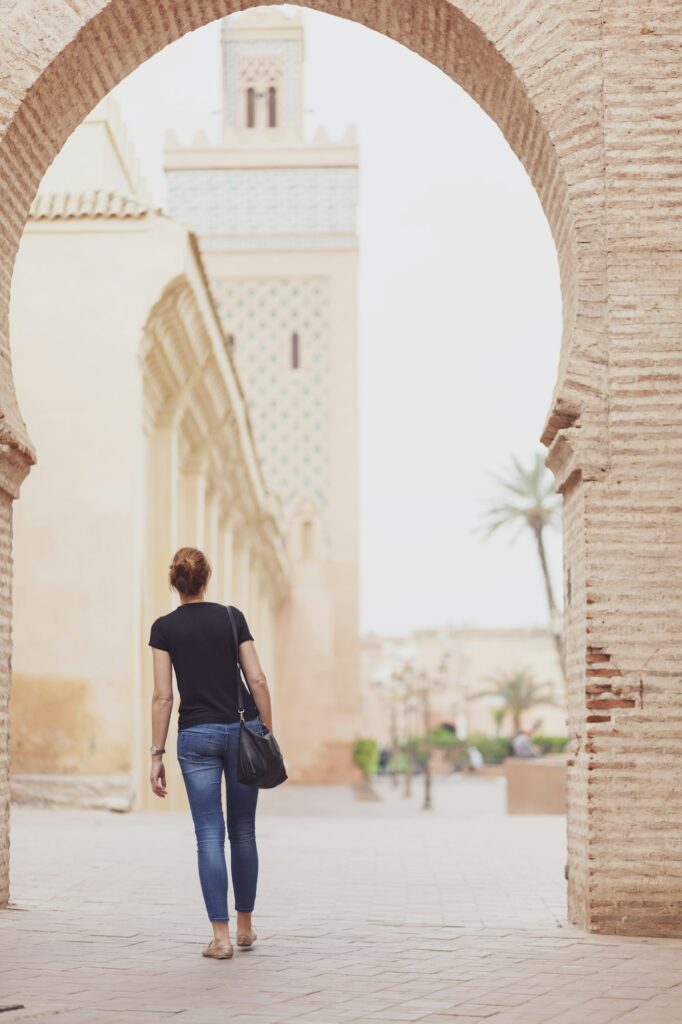
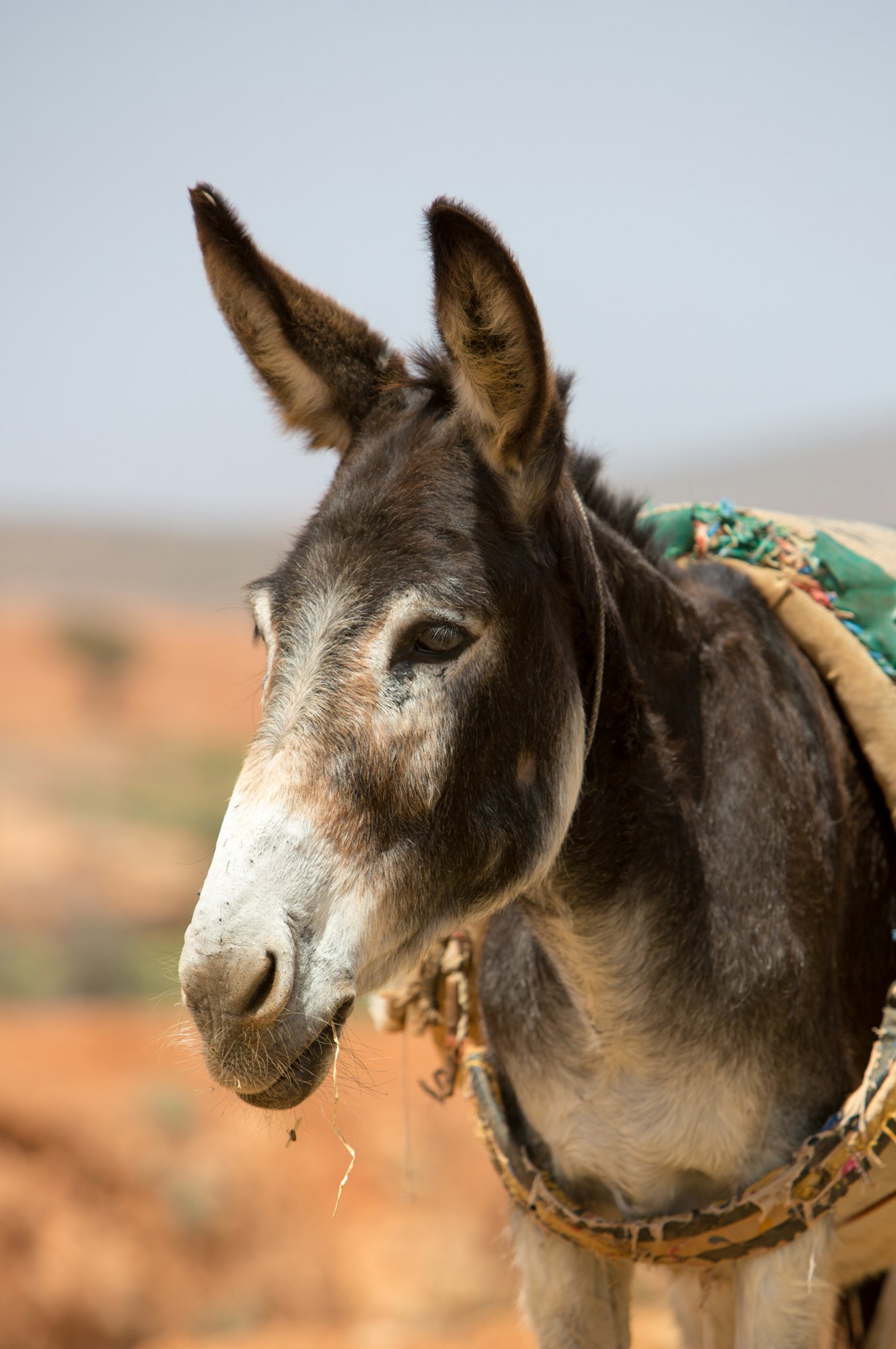
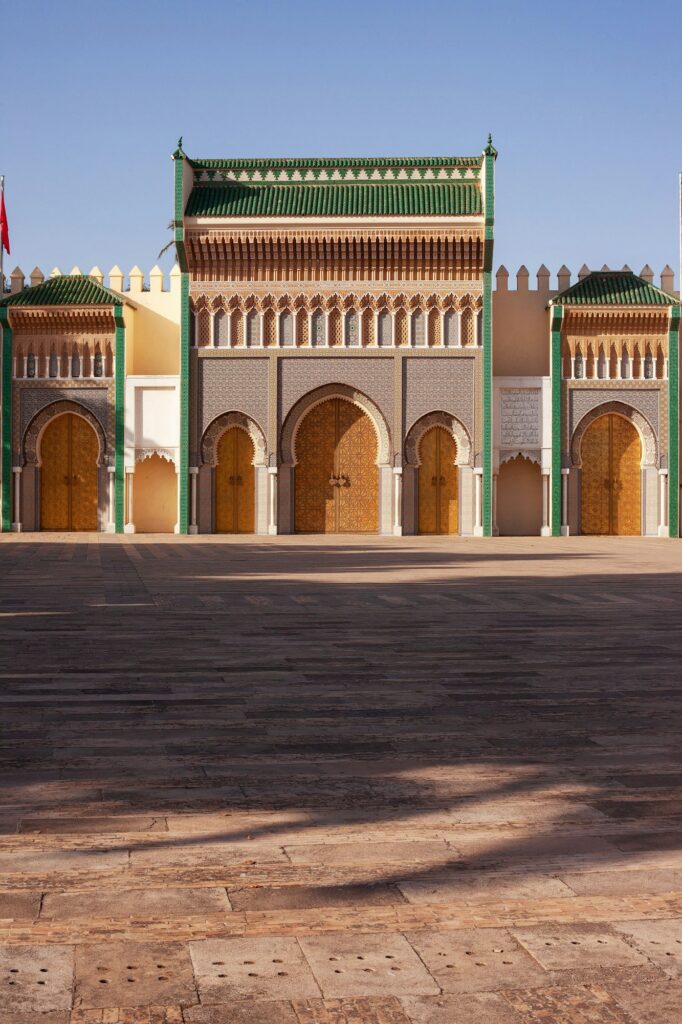
Connect
1- To make a call to the USA or Canada you need to start with double zeros (00) and then the country number that the number, to call New York it will
00 1 212 123 4567= 1 is the country code for North America. 212 New York
00 1 514 123 4567= 1 is the country code for North America. 514 Montreal
2- To call Inside the Morocco: you start with 06 or 07 for all cell phones 05 or others are for the land line.
3- There are there Operators in Morocco: Maroc Telecom = IAM, ORANGE, and INWI Orange, Inwi or Maroc Telecom
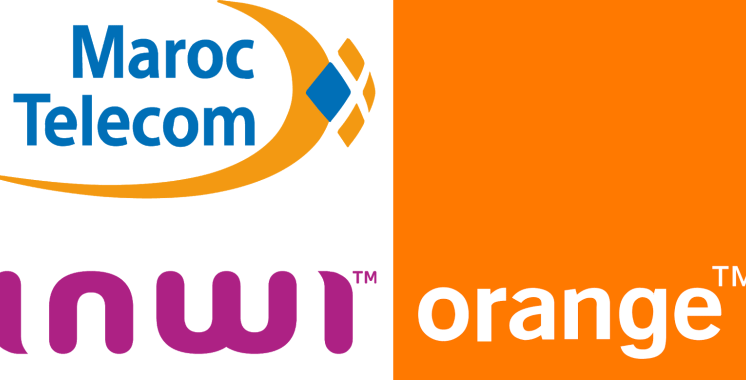
At the airports, you can obtain a SIM card for free at the operators’ shops. There are three operators in Morocco: IAM, ORANGE, and INWI. Getting 5GB of data costs $5. IAM(Maroc Telecom) is the Oldest.
4-For topping up your phone, you can easily find scratch cards ranging from 5 to 100 dirham at various outlets—just keep an eye out for your phone company’s logo! Once you have your card, simply scratch off to reveal the code and send it to the designated number provided on the card itself—for Maroc Telecom and Orange, it’s 555; for INWI, dial 120. It’s a quick and hassle-free way to stay connected!
Local Transportation
In Morocco, the local transportation options are varied, offering several ways to navigate the cities and the country. Here’s a brief overview of what’s available:

payment method via their website
Airoports
Morocco has several airports that cater to international and domestic flights, facilitating travel within the country and abroad. Here’s a list of the most used and significant airports in Morocco:
- Mohammed V International Airport (CMN)
- Location: Casablanca
- The busiest and largest airport in Morocco, serving as the main gateway for international travelers into the country.
- Rabat-Salé Airport (RBA)
- Location: Rabat
- Serving the capital city of Morocco, this airport handles international flights from Europe and the Middle East.
- Fès–Saïs Airport (FEZ)
- Location: Fès
- An important airport for those visiting the cultural and spiritual city of Fès.
- Agadir–Al Massira Airport (AGA)
- Location: Agadir
- Serves the city of Agadir, a popular tourist destination known for its beaches and resorts.
- Marrakech Menara Airport (RAK)
- Location: Marrakech
- A major airport that welcomes a large number of tourists, serving as a gateway to the world-famous city of Marrakech.
- Tangier Ibn Battouta Airport (TNG)
- Location: Tangier
- Named after the famous Moroccan explorer, this airport serves the northern region of Morocco and provides access to the Strait of Gibraltar area.
Note: Cheap flights from and to Europe as low as $20 with the Irish compagny low-costs airline Raynair, just buy your ticket in advance, and travel light.

Trains
Morocco’s train network, operated by ONCF (Office National des Chemins de Fer), is among the most efficient and comfortable ways to travel between major cities. The network connects key destinations like Casablanca, Rabat, Marrakech, Fes, and Tangier. High-speed trains (Al Boraq) connect Tangier with Casablanca, reducing travel time significantly.
You can buy your train ticket on their platform: https://www.oncf.ma/en/
- Most important Train :
- Tanger – Kenitra – Rabat – Casablanca – Marrakesh (and Agadir but via Supratours Bus)
- Kenitra – Meknes – Fes.
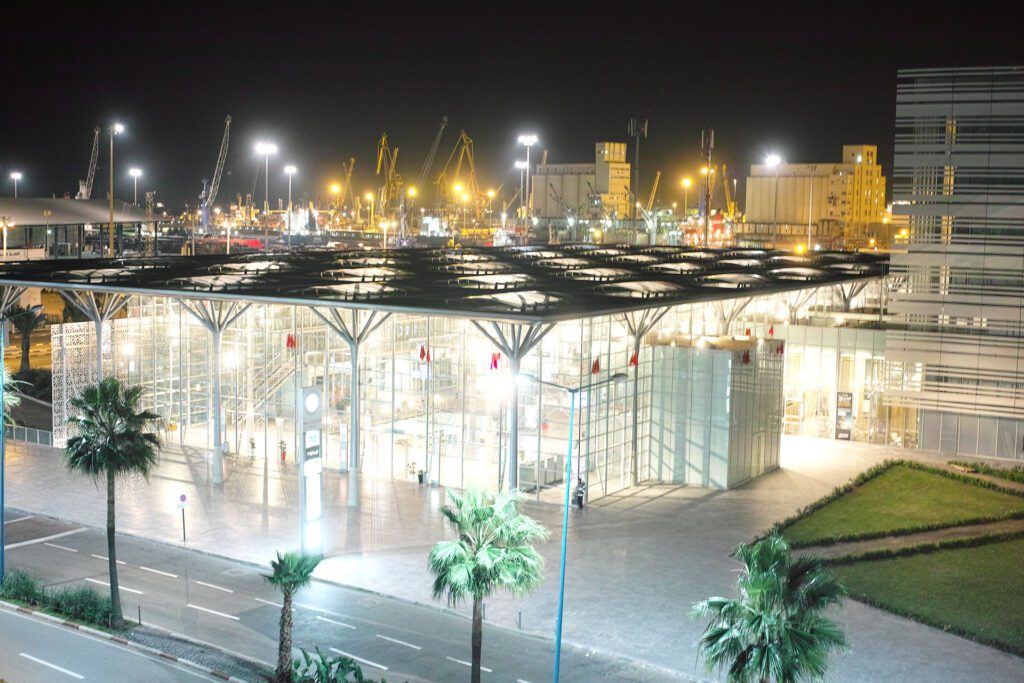
Buses
For routes not covered by trains or to reach smaller towns, buses are a reliable option. Several companies, including CTM (it s in French and needs translation) and Supratours, operate extensive networks across the country, offering varying levels of comfort from standard to luxury coaches.

Taxis
Taxis are ubiquitous in Moroccan cities and are a convenient way to get around.
There are two main types: “petit taxis” and “grand taxis”. Petit taxis are metered and operate within city limits, ideal for short trips. Grand taxis cover longer distances, such as intercity routes, and fares should be negotiated beforehand.
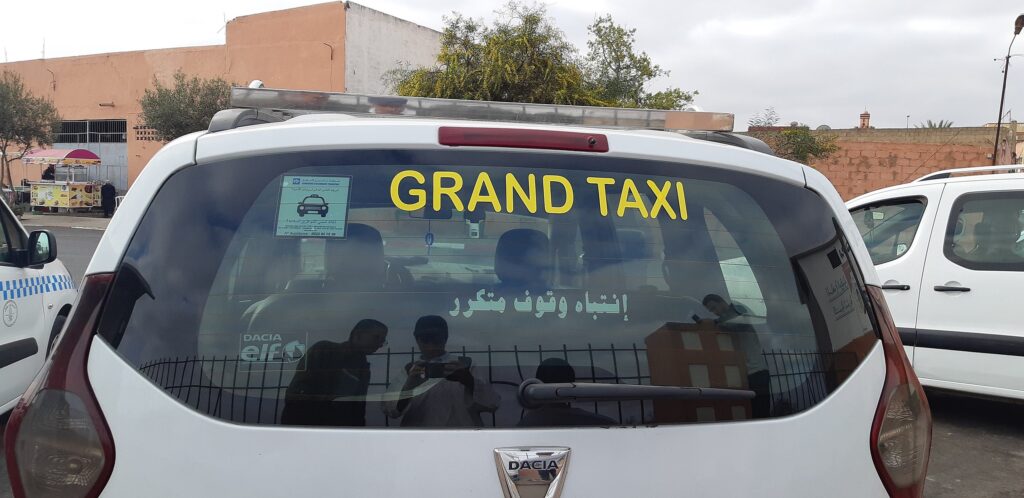
Car Rental
Renting a car gives you the flexibility to explore Morocco at your own pace, including its rural areas and natural attractions. Numerous international and local agencies are available. However, be prepared for a different driving style compared to what you might be used to.
City Trams
Currently, Casablanca and Rabat have modern tram systems that provide an efficient and affordable way to travel around the city. Trams run on regular schedules and connect major points of interest, residential areas, and business districts.
Bicycles and Motorcycles
In some cities, renting a bicycle or a scooter can be a fun way to explore, especially in less crowded areas or places with dedicated cycling paths. This option offers flexibility and the chance to enjoy Morocco’s scenery closely.
Ride-Sharing
Ride-sharing apps like Uber operate in some Moroccan cities, offering an alternative to traditional taxis. These services provide convenience, with the ability to book rides and estimate fares using a smartphone app.
Walking
In many Moroccan cities, especially within the medinas (old towns), walking is the best way to explore. Many areas are pedestrian-friendly, and you’ll get to experience the local culture up close.
When using local transportation in Morocco, it’s essential to be mindful of your belongings, agree on fares in advance (where applicable), and have some understanding of French or Arabic to navigate more easily.
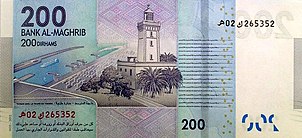
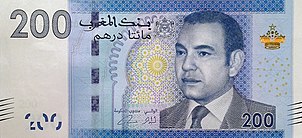
Accommodation Tips
Stay in reputable hotels or guesthouses, and look for accommodations with positive reviews from solo female travelers. Some areas are more recommended for solo travelers, including well-populated and well-lit areas of major cities.
By combining this detailed information with personal stories and tips from fellow travelers, your page will serve as a valuable resource for women traveling solo to Morocco, ensuring they enjoy their journey safely and confidently
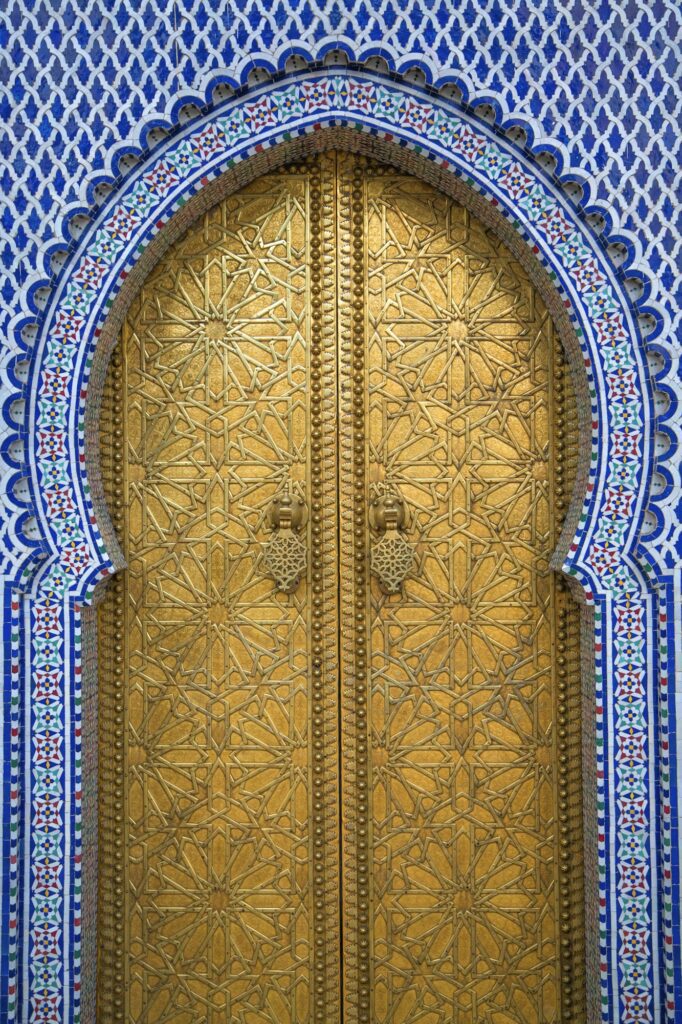
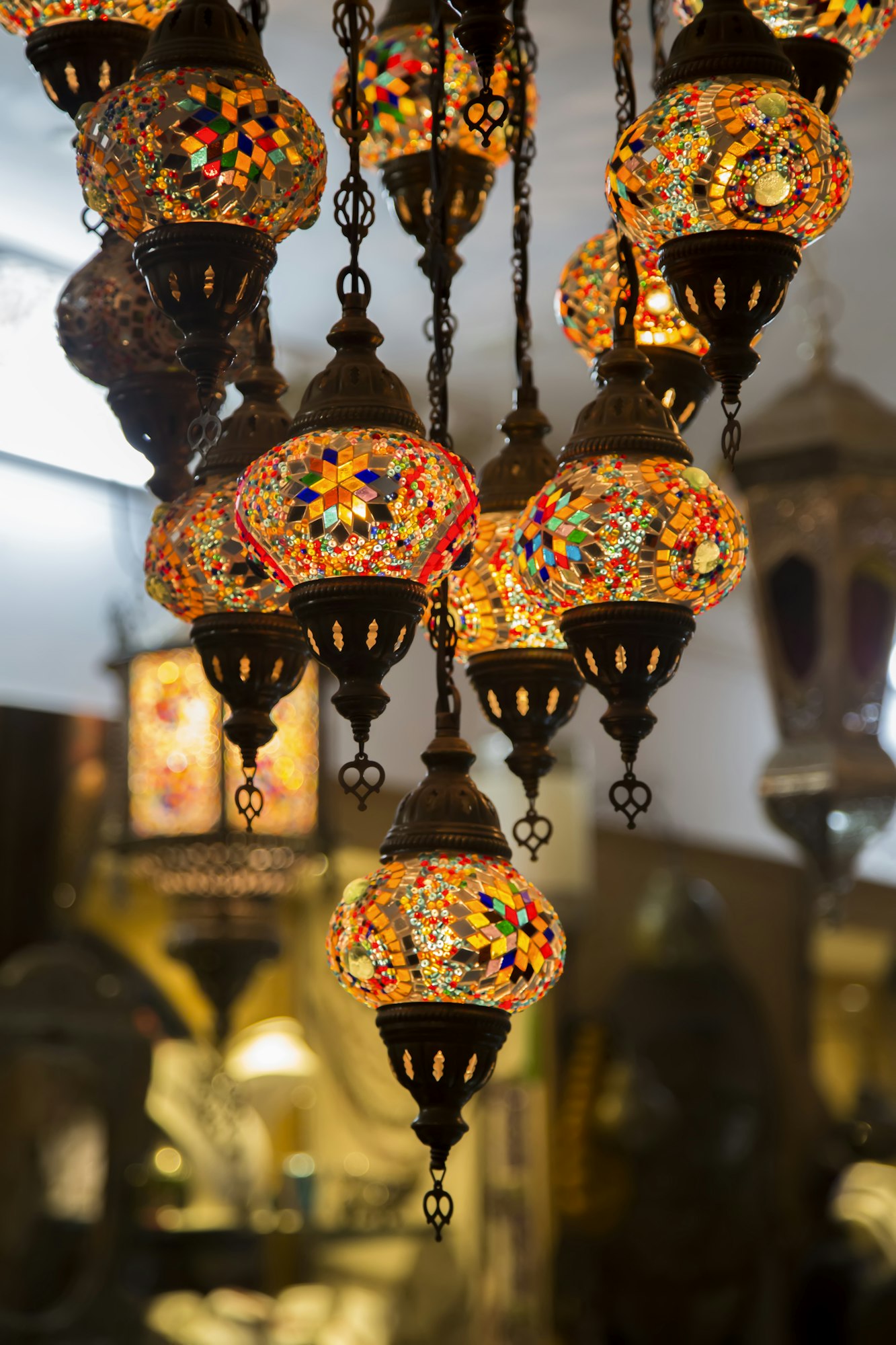
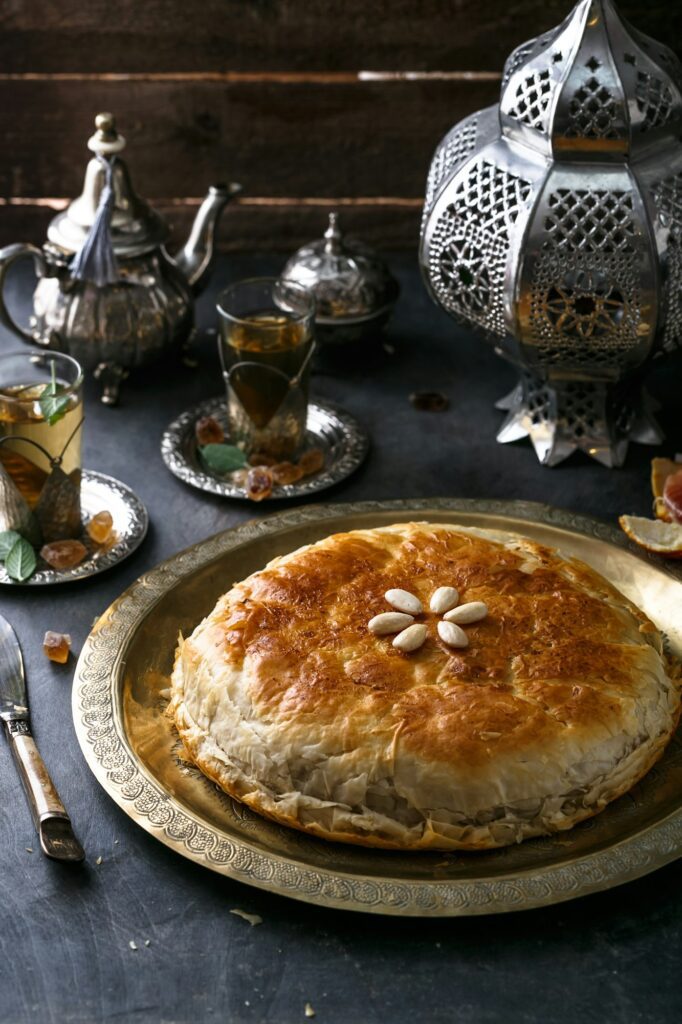
Touristic Cities
Morocco offers a wealth of destinations for travelers, with its most visited cities combining rich history, vibrant culture, and breathtaking landscapes.
And our Morocco Safety Guide cannot be completed without talking about the best cities. Among the top destinations are:
Side Note: Marrakesh is nice, but not the best, They are more solicitations than any other city, so a solo traveler should avoid this city alone. Often, you will feel like everyone wants something. So organize your trip; if you can go with a group, that will be best.
- Fez: Known for its well-preserved medieval medina, Fez is a must-visit for those interested in Moroccan history and architecture. It’s home to the oldest university in the world, Al-Qarawiyyin, and the famous Chouara Tannery (Morocco Travel) (Vacantology).
- Essaouira: This coastal city offers a relaxed atmosphere with beautiful beaches, an ancient medina, and vibrant arts scene. It’s known for its annual Gnaoua Music Festival, attracting visitors worldwide (Morocco Travel) (Vacantology).
- Chefchaouen: Nicknamed the “Blue City” for its blue-painted buildings, Chefchaouen is set against the dramatic backdrop of the Rif Mountains. It’s a picturesque and peaceful town that has become a favorite for photographers and travelers seeking a tranquil retreat (Morocco Travel).
- Agadir: A modern city rebuilt following a devastating earthquake in 1960, Agadir is known for its long sandy beach and vibrant nightlife. It’s a popular destination for sun-seekers and surfers (Morocco Travel).
- Marrakech: Often dubbed as the “Pearl of the South,” Marrakech is renowned for its bustling souks, vibrant Jemaa el-Fnaa square, and beautiful gardens like Majorelle. It’s a city where traditional Moroccan culture is vividly alive in its architecture and daily life
Other notable cities that attract tourists include Casablanca, known for its Mauresque architecture and the stunning Hassan II Mosque, Tangier with its unique blend of cultures and history, Rabat the capital city known for its historical sites and modern Moroccan life, and Ouarzazate, a gateway to the Sahara Desert famous for its film studios and Ait Benhaddou, a UNESCO World Heritage site (Journey Beyond Travel).
These cities offer a glimpse into the diversity and richness of Morocco’s landscapes, cultures, and traditions, making the country a captivating destination for all types of travelers. Whether you’re interested in exploring ancient medinas, relaxing on sandy beaches, or experiencing the vibrant local culture and cuisine, Morocco’s cities provide an unforgettable adventure. And I hope this “Morocco Safety Guide” help to understand what you will expect.
Useful website
Country Guides
Office National Marocain du Tourisme
Official tourism information.
Infotourismemaroc
Country Guide Marocco.
Wikivoyage: Morocco
Travel guide to Morocco with its regions, cities and attractions.
City Guides
Ville de Casablanca
The official website of the city of Casablanca.
Imazighen Links
Royal Institute of Amazigh Culture
The official website of the Royal Insititute of Amazigh Culture. IRCAM’s mission is to advise His Majesty on measures to safeguard and promote the Amazigh language and culture in all its forms and expressions.
World Amazigh Congress
The World Amazigh Congress (CMA) is an NGO bringing together Amazigh (Berber) associations from the countries of Tamazgha, the Indigenous land of the Imazighen, and Amazigh diasporas.
Amazighworld.org
Amazigh community website offers history, culture, politics, opinions and news.
Amazigh Cultural Association in America (ACAA)
The ACAA is a non-profit organization established to promote the Amazigh (Berber) language and culture.
Berber languages
Wikipedia article about the Amazigh languages.
Imazigh News
Amazigh world news
Morocco’s National Amazigh News Website.
Amadal Amazigh
Monthly newspaper in Arabic.
Tamazight TV
National Indigenous Television.
History
BBC Morocco profile – Timeline
A chronology of key events.
Dynastic History of Morocco
Moroccan National Tourist Office articles about the dynasties that have shaped Morocco’s history.
History of Morocco – Discover an Ancient Land
Major events in Moroccan history.

Rif War
Causes, Facts and a Summary by the Encyclopædia Britannica.
History of Morocco
Wikipedia entry for Morocco’s history.
